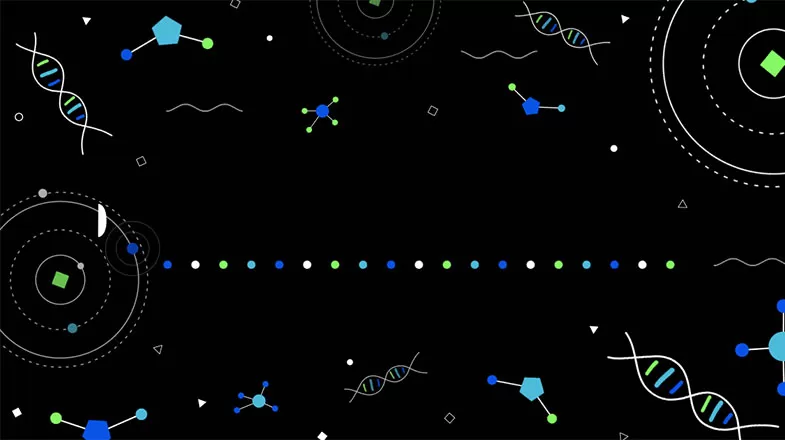This Scientist's Life: Derek Buhl

Meet Derek Buhl, Principal Scientist for Central Nervous System (CNS) medicines at Pfizer’s Kendall Square facility in Cambridge, Mass.
Buhl’s subject of research is one of the most complex systems in the known universe – the human brain, and what can go wrong with it, and how to correct problems with the help of novel pharmaceuticals.
To explain what he does to a non-scientist, Buhl sometimes quotes what his 6-year-old daughter once said about his work, and how it relates to the work of his wife, who is a medical doctor specializing in anesthesiology.
“My daddy makes the medicines that give mommy something to help people with,” Buhl recalls his daughter saying. “What I tell her is that we work hard to try to understand how our brains do things, and sometimes that process goes wrong in people. And we need to understand how it works correctly first so that we can understand why it’s broken and how to fix it.”
Buhl began his research after an early career experience working with autistic children. Buhl worked at the school where his mother was a special education teacher. There Buhl learned sign language and worked with a child who had autism and was also deaf.
“He was an extremely difficult case,” Buhl recalls. And while the work was rewarding, he “quickly realized that wasn’t impactful enough.”
“While I was exploring what to do next with my life in college, I started getting really interested in how the brain committed these behaviors and what we could actually do to solve that,” says Buhl, who decided to work with a professor in a neuroscience research unit at Rutgers University in New Jersey.
Buhl eventually pursued electrophysiology, which can show neuroscience researchers how different parts of the brain are involved in different kinds of behavior. “You can start to see how you need to modulate each part of the brain in order to correct those behaviors,” he says.
His work in that field and in transgenics – specifically, learning how to manipulate different gene expression patterns in the brain – was what led to him being recruited at Pfizer.
One of the key tools that Buhl uses to explore the brain is combining electrophysiology with a technology called optogenetics. That’s a method of exploring different types of neurons in the brain by shining a laser on them. “By shining a light on these neurons, it activates or inhibits them. So, you can turn them on or off like a light switch in a very specific part of the brain and see how they affect behavior,” Buhl explains. “That technology has been hugely impactful on how we understand very specific parts of the brain."
Now, Buhl is using these technologies to figure out what the earliest signatures of disease are. “I think the eureka moment will come when we understand what’s really going on in diseases like Alzheimer’s and schizophrenia, where you start to have changes in the brain circuits that don’t allow you to remember things anymore,” Buhl says. “When we can understand how the brain is retrieving that information better, it can lead to correcting how those circuits are becoming dysfunctional.”
And while his goal is to develop pharmaceuticals that can help treat those dysfunctions, his motivation in some ways is still very personal.
“It’s still about that kid,” Buhl says, referring to the child with autism and deafness that he worked with. “At the end of the day, we all want to help the patient.”





